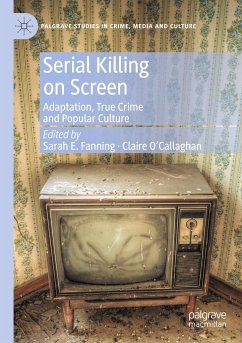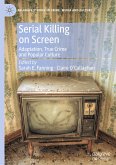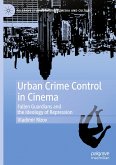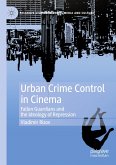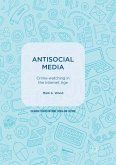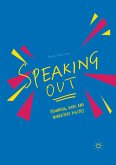This book explores the representation of real-life serial murders as adapted for the screen and popular culture. Bringing together a selection of essays from international scholars, Serial Killing on Screen: Adaptation, True Crime and Popular Culture examines the ways in which the screen has become a crucial site through which the most troubling of real-life crimes are represented, (re)constructed and made accessible to the public. Situated at the nexus of film and screen studies, theatre studies, cultural studies, criminology and sociology, this interdisciplinary collection raises questions about, and implications for, thinking about the adaptation and representation of true crime in popular culture, and the ideologies at stake in such narratives. It discusses the ways in which the adaptation of real-life serial murder intersects with other markers of cultural identity (gender, race, class, disability), as well as aspects of criminology (offenders, victims,policing, and profiling) and psychology (psychopathy, sociopathy, and paraphilia). This collection is unique in its combined focus on the adaptation of crimes committed by real-life criminal figures who have gained international notoriety for their plural offences, including, for example, Ted Bundy, Ian Brady and Myra Hindley, Aileen Wuornos, Jack the Ripper, and the Zodiac, and for situating the tales of these crimes and their victims' stories within the field of adaptation studies.
"It's a comprehensive guide with insights into the industry that has grown up around serial killers ... . These scholarly studies stress analysis over storytelling, but the familiar figures and well-known screen adaptations each author tackles will appeal to serious students of true crime." (Ellery Queen Mystery Magazine, elleryqueenmysterymagazine.com, April, 2023)

